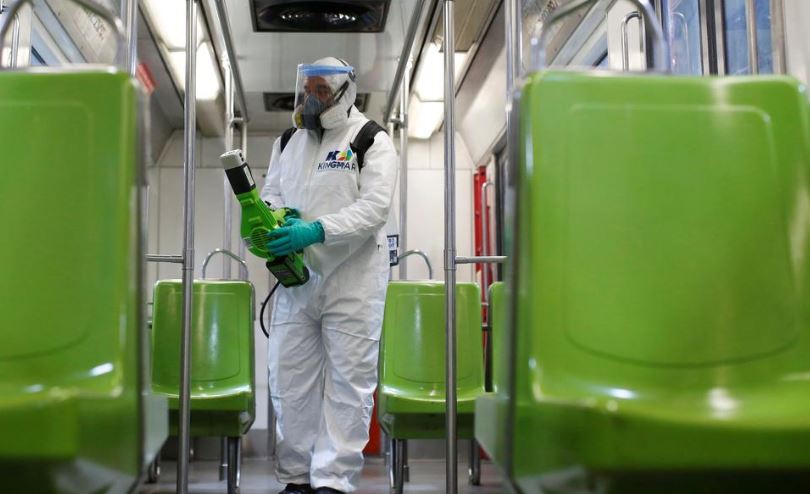×
The Standard e-Paper
Stay Informed, Even Offline

Mexican officials are dragging their feet on border closures and coronavirus containment measures, in what critics call a high-risk strategy driven by bad memories of a shutdown a decade ago that deepened the country’s recession during the swine flu epidemic.
The United States and neighbors in Latin America have suspended flights, banned public gatherings and closed schools.